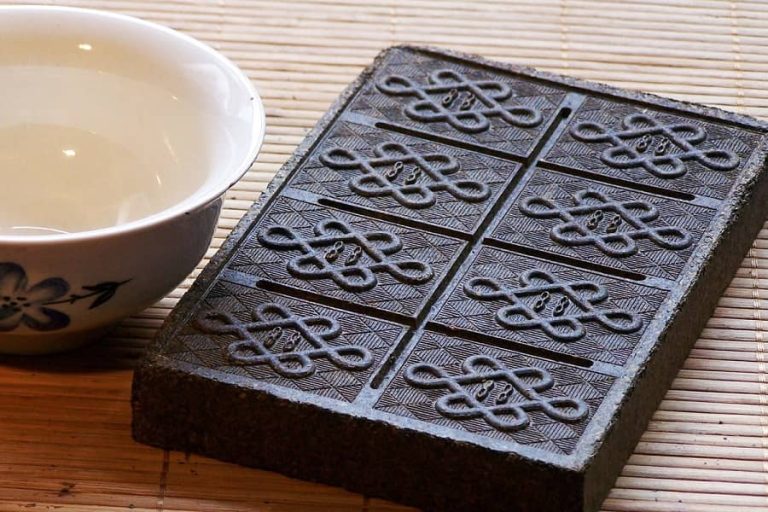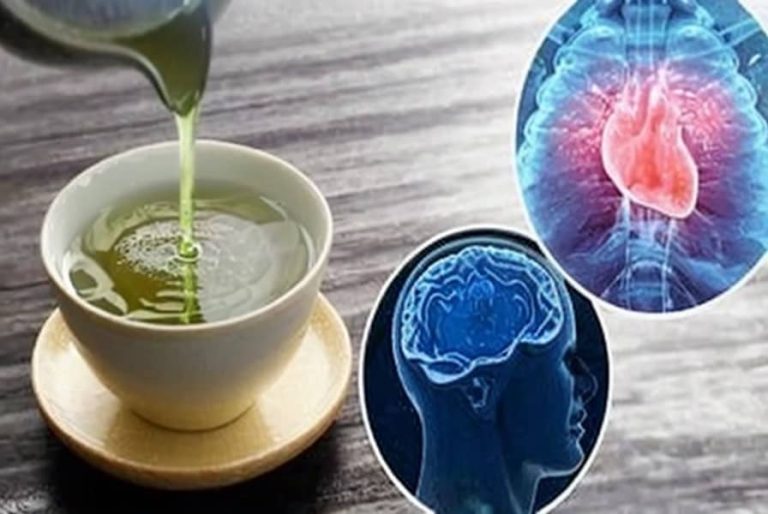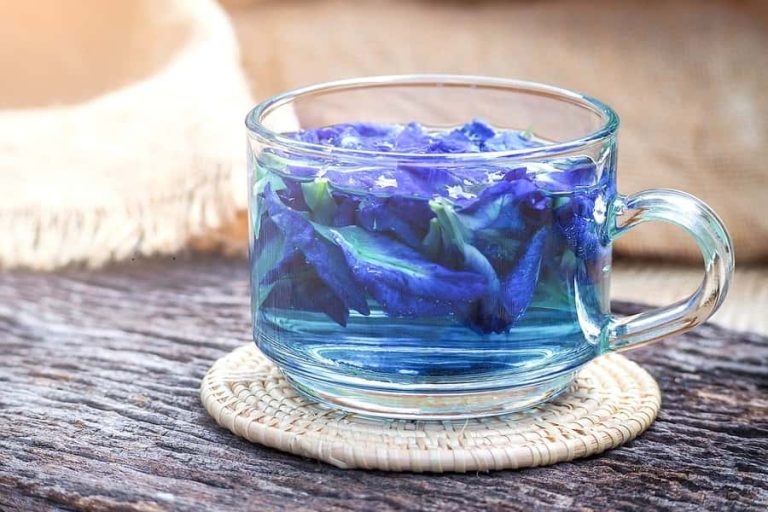Does Green Tea Have Probiotics?

Green tea is a popular beverage known for its refreshing taste and numerous health benefits. Probiotics, on the other hand, are living organisms that promote gut health. With the rise of probiotic-rich foods and supplements, people have begun to wonder if green tea has probiotics as well. In this article, we will explore the topic of green tea and probiotics and clarify any misconceptions.
Understanding Probiotics
Probiotics are living organisms that provide numerous health benefits, particularly for gut health. They are commonly found in fermented foods such as yogurt, kefir, sauerkraut, and kimchi, as well as in probiotic supplements. Probiotics help maintain a healthy gut microbiota by supporting the growth of beneficial bacteria and suppressing the growth of harmful ones.
Green Tea Composition
Green tea is made from the leaves of the Camellia sinensis plant and contains various compounds such as catechins, flavonoids, and antioxidants. These compounds have been shown to have numerous health benefits, including reducing inflammation, improving brain function, and promoting heart health. However, it is important to note that green tea is not typically a significant source of beneficial bacteria or probiotics.
Fermented Green Tea: Kombucha
Kombucha is a fermented tea beverage made by adding a symbiotic culture of bacteria and yeast (SCOBY) to sweetened tea. The fermentation process results in the presence of probiotics, making kombucha a potential source of beneficial bacteria. Kombucha has been linked to numerous health benefits, including supporting gut health, immune function, and mental health.
Non-Fermented Green Tea and Probiotics
It is important to clarify that non-fermented green tea does not inherently contain probiotics. While green tea may indirectly support gut health through its composition of catechins and antioxidants, it does not contain living organisms that promote gut health.
Gut Health and Green Tea
While green tea does not contain probiotics, it may still support gut health. The catechins and antioxidants in green tea have been shown to have anti-inflammatory effects and may promote the growth of beneficial bacteria in the gut. Studies have also explored the relationship between green tea consumption and gut health, with some suggesting that green tea may improve gut microbiota diversity and reduce inflammation in the gut.
Incorporating Probiotics into Your Diet
To reap the benefits of probiotics, it is important to consume probiotic-rich foods such as yogurt, kefir, sauerkraut, and kimchi. For individuals who may require additional support, probiotic supplements are also available. It is important to maintain a diverse and balanced diet to promote gut health and overall well-being.
Conclusion
Green tea does not contain probiotics, but it may indirectly support gut health through its composition of catechins and antioxidants. To optimize gut health, it is important to consume probiotic-rich foods and beverages alongside green tea. Maintaining a diverse and balanced diet is crucial for promoting gut health and overall well-being.
















